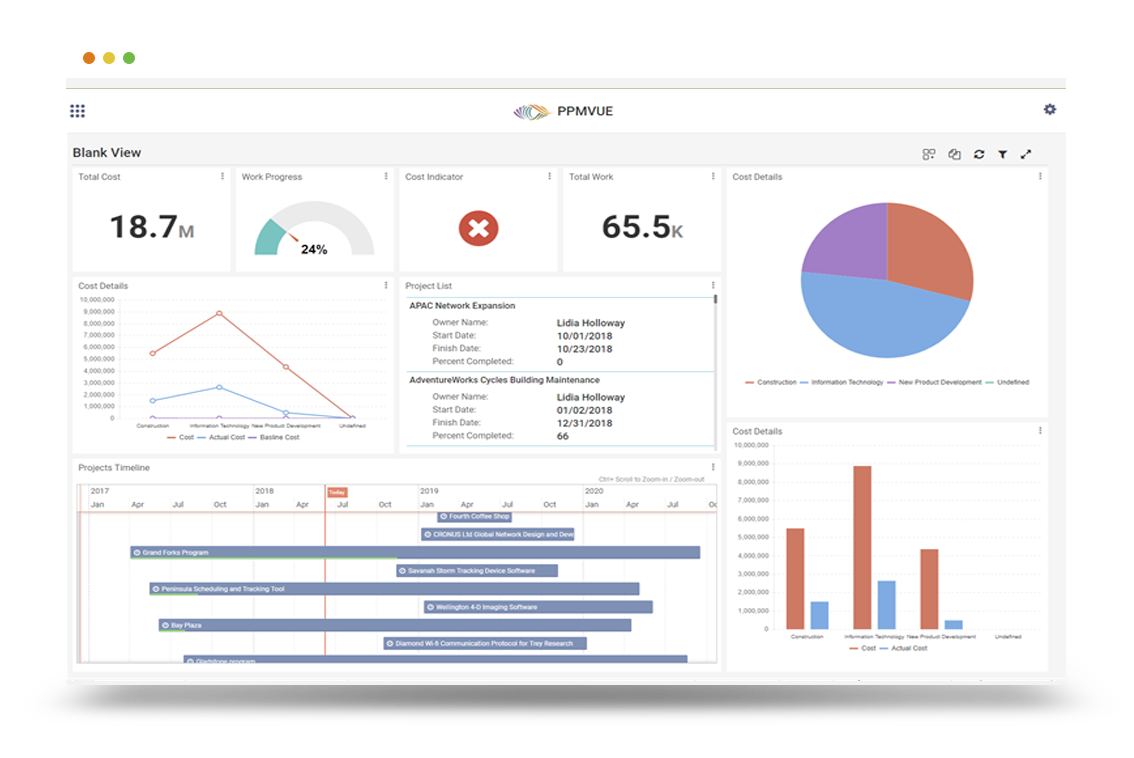Let’s be honest: as a Project Manager, keeping track of project information can be difficult during the best of times; let alone when you are responsible for multiple efforts! With several stakeholders requesting different information and team members continually updating you on their progress through their tasks, sometimes finding the time to complete even the most necessary of tasks can be a stretch on your already strained daily and weekly schedules. I would like to offer you a few small tips and tricks that I use while managing projects that may be of some use to you during your project management efforts.
Tip: Capture as much information as you practically can.
This seems somewhat counter intuitive, doesn’t it? Taking the time to sit and write down everything that you hear in a meeting or even from a conversation in the hall can take a lot of time; no one is questioning that. That time could be better spent updating project plans or speaking with more stakeholders, right? Ultimately though, the time spent checking on something a second or further time can very easily eclipse the original time necessary to capture your notes. Another downside to continually asking for the same information is that it can create an unintentional negative image of you to your peers and stakeholders who may wonder, does he or she really listen to me when I communicate with them?
Another way to look at having the correct information at the correct time can be illustrated by a concept known as “Cost of Quality,” or COQ. The COQ does not refer to the cost of making a quality item or providing a quality service, but instead focuses on what is spent fixing something that was done poorly the first time. The earlier in the process a mistake is found, traditionally the less it costs to fix the issue. “Cost” for our purpose may not always relate to money, but instead to social capital with your stakeholders or credibility with your peers and sponsor. The more times you need to clarify already communicated information with someone, the less credibility you will have with them and the less inclined they will be to assist you in the future. As the central focus of a project’s communications and information, losing credibility can be a massive blow to a project manager and severely impede his or her capability to do their job effectively.
So how do we prevent all of this from occurring? This is a discussion about tips to avoid these situations, after all! Thankfully there are a few ways that you can gather information and capture it more effectively without spending all of your available time capturing every word spoken or learning stenography.
Delegate
Personally one of the hardest things for me to do when I began my career as a Project Manager was allowing other people to do work that I “knew” that I could do. There is incredible satisfaction in completing tasks yourself; but no matter how well or quickly you may think you can deliver the task the project team has far more capability than a single person. During meetings delegating communications to different team members can serve a wide variety of purposes: not only are the notes captured by a party that is not facilitating the meeting, but you gain another piece of insight into your team members and their capability, as well as their organizational skills, by rotating tasks like note taking and time keeping in meetings. Ultimately your choice should be someone that has a less vital role in the current conversation; as your team members have different strengths and contribute to different parts of a project this should allow you to give everyone turns and not have a resentful person become the de facto scribe for all project meetings.
Hold Shorter Meetings
I would like to reiterate a point I made in a previous post of this series: shorter meetings with a more targeted set of stakeholders allows for better communication and for the purposes of this discussion, less information to capture! By focusing your meetings you will be able to save time and create less, but just as useful, information and project documentation. As an additional plus, your project teams and stakeholders will thank you for every minute of their workday that you can return to them that doesn’t include a conference room, a projector, or a fuzzy conference call phone line.
Capturing as much information as you practically can gives you piece of mind for future stakeholder interactions and allows you to provide faster, higher quality information to your project team for both faster project execution and less additional confirmation with external parties.
Effective Time Management is crucial to the success of your project efforts. Please join me here for more Time Management tips and tricks, as well as further Project Management information in the future!
Interested in how EPMA can help you? Contact us today at 1.888.444.EPMA or [email protected].
Thanks for reading! Please feel free to leave comments below or check out our other blogs on Microsoft Project, Project Server, SharePoint and Project Management Methodology.
For more details & kick start your project management journey, sign up for our Microsoft Training Classes or send us an email.
I hope you find this blog post helpful. For more tips and tricks on Project Management, please visit www.epmainc.com

